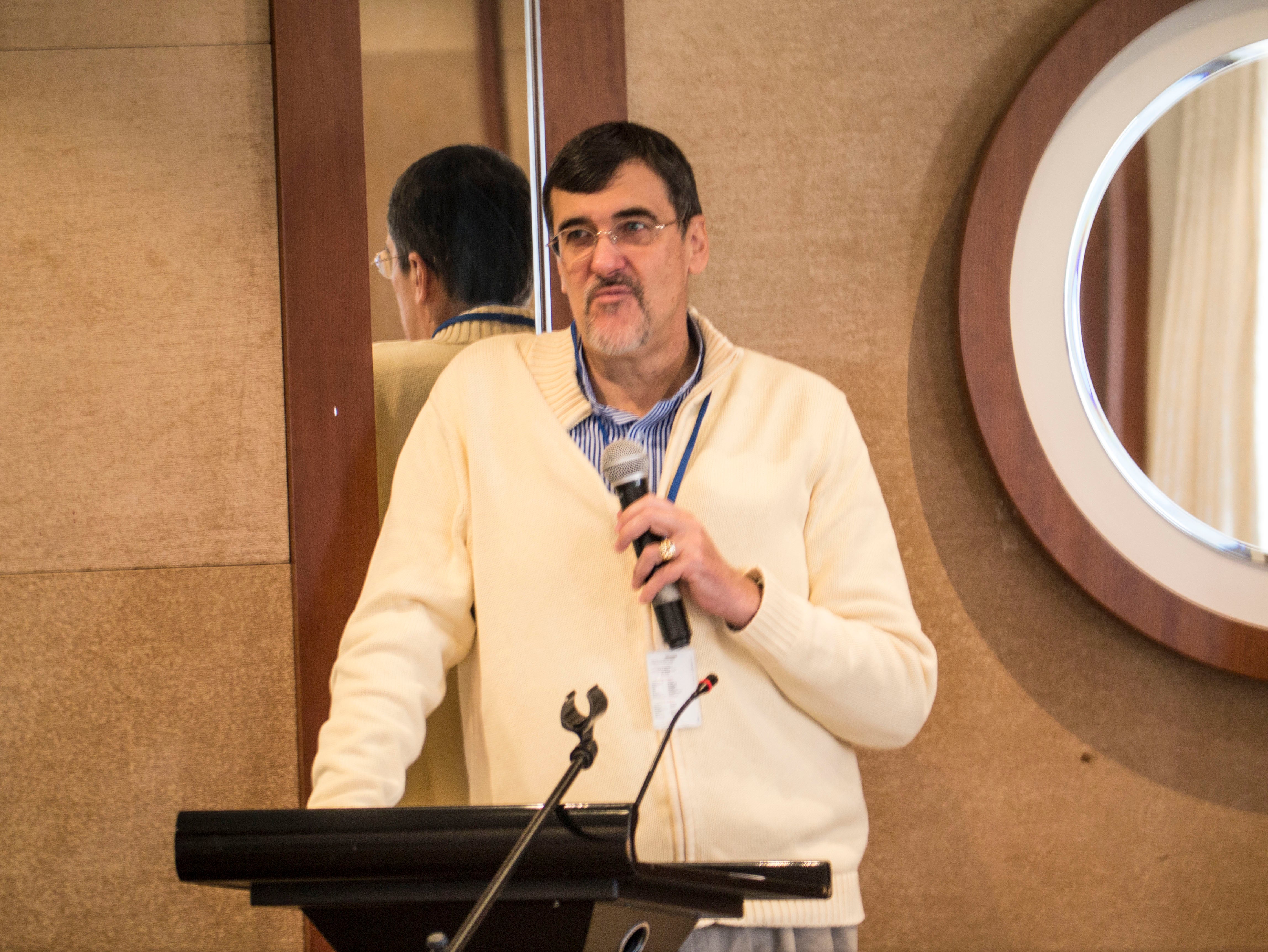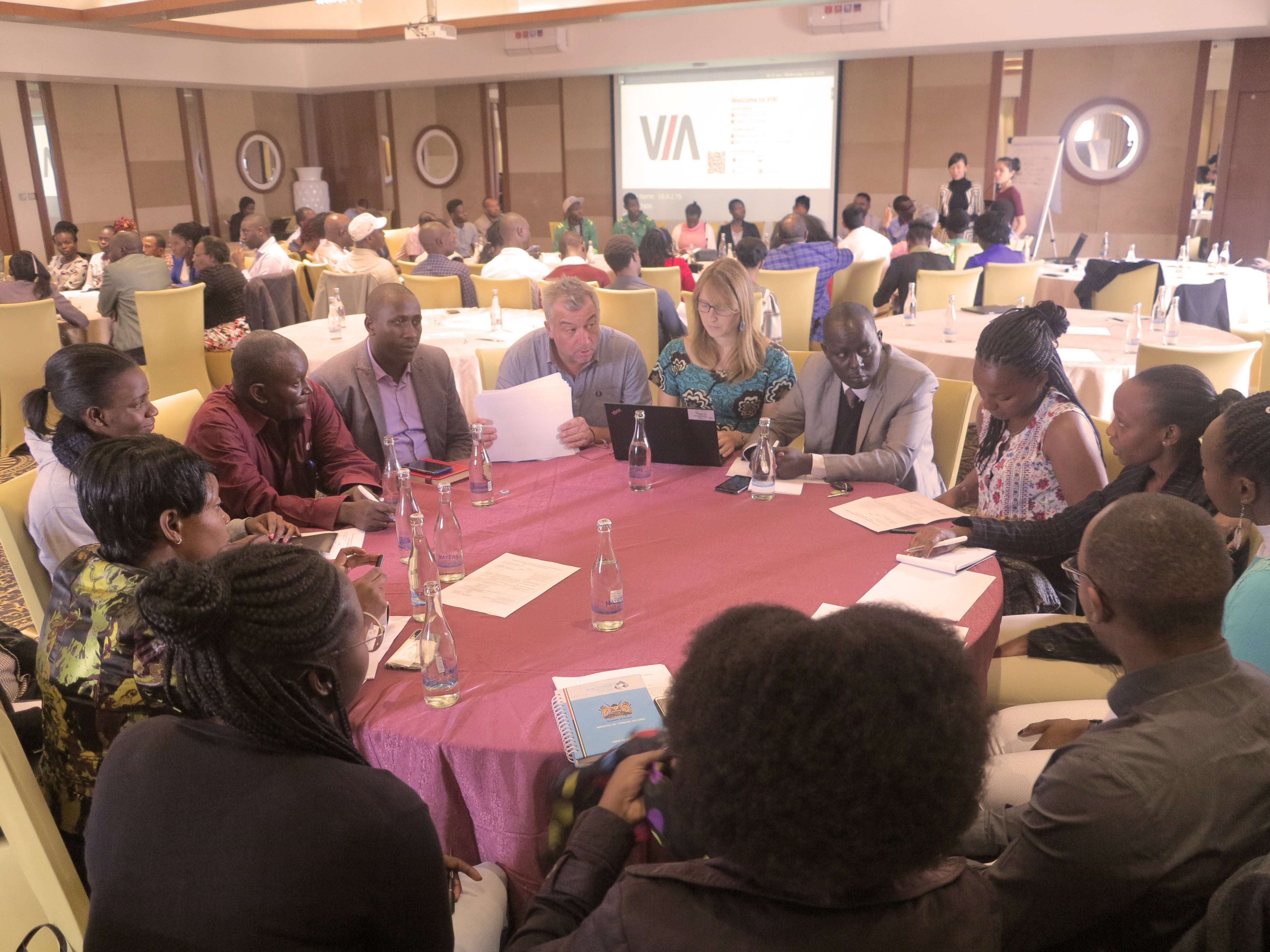We live in a rapidly urbanizing world. Africa’s urban landscape is dramatically transforming and it is projected that most buildings in cities of the future have to be built. As cities grow in scale and economic prosperity, the waste that they generate also grows.
The management of this waste poses an enormous challenge and makes up a large cost component of municipal expenditure, putting a strain on the financial resources of cities. However, Mr. Andre Dzikus, UN-Habitat’s Coordinator of the Urban Basic Services Branch, points out that the challenges of waste disposal come with opportunities. These include opportunities to manage waste better, to recycle and to reuse waste, to use waste to generate wealth and energy as well as to use it for new clean jobs and to reduce the depletion of our natural resources. “We have an opportunity of addressing solid waste management not only in our current cities but also in our future cities,’’ said Mr Dzikus.

He was speaking at the recently concluded Nairobi Solid Waste Management Intervention Workshop held at the Concord Hotel and Suite on the 24th of July. The workshop brought together a range of stakeholders including representatives from diplomatic circles, development agencies, national and county government, the manufacturing industry, social enterprise, community based organizations, waste collectors and residents of Dandora in order to chart a path forward in the management of Municipal Solid Waste in Nairobi and its surrounding areas.
The gathering commenced with remarks from Mr. Isaac Muraya, Nairobi City County Director of Environment, who highlighted the need for public forums and media campaigns in amplifying the importance of proper solid waste management and raising public awareness and engagement in events such as the ‘Monthly Clean Up’ every first Saturday of the month.
The workshop provided a platform for stakeholders to give their feedback on the results of a pilot study carried out in Nairobi. Although UN-Habitat is currently finalizing the survey data, the preliminary results show that in Nairobi, the proportion of municipal solid waste collected is 63% and that which is collected and managed in controlled facilities is 19%. The city has immense potential for resource reclamation from waste and the feedback session sought to identify the barriers to and factors in favor of appropriate waste management in Nairobi.

The Nairobi Solid Waste Management Intervention project is part of the African Clean Cities Platform, an initiative of the government of Japan in collaboration with the governments of 64 cities and 35 countries in Africa. It is also a part of UN Habitat’s Waste Wise cities campaign launched by Habitat and member states during World Habitat Day in October 2018. This year’s World Habitat day’s theme is Waste to Wealth which ties in to the Waste Wise cities campaign and the results from the pilot surveys is integral to the dialogue that will take place on that day.